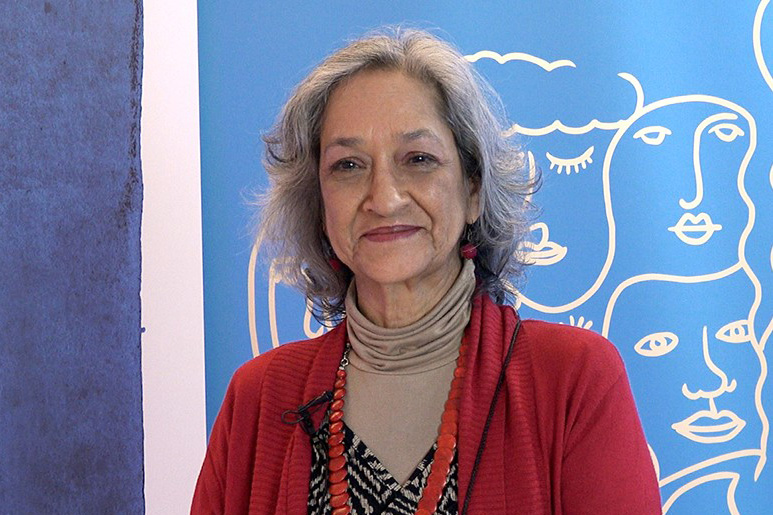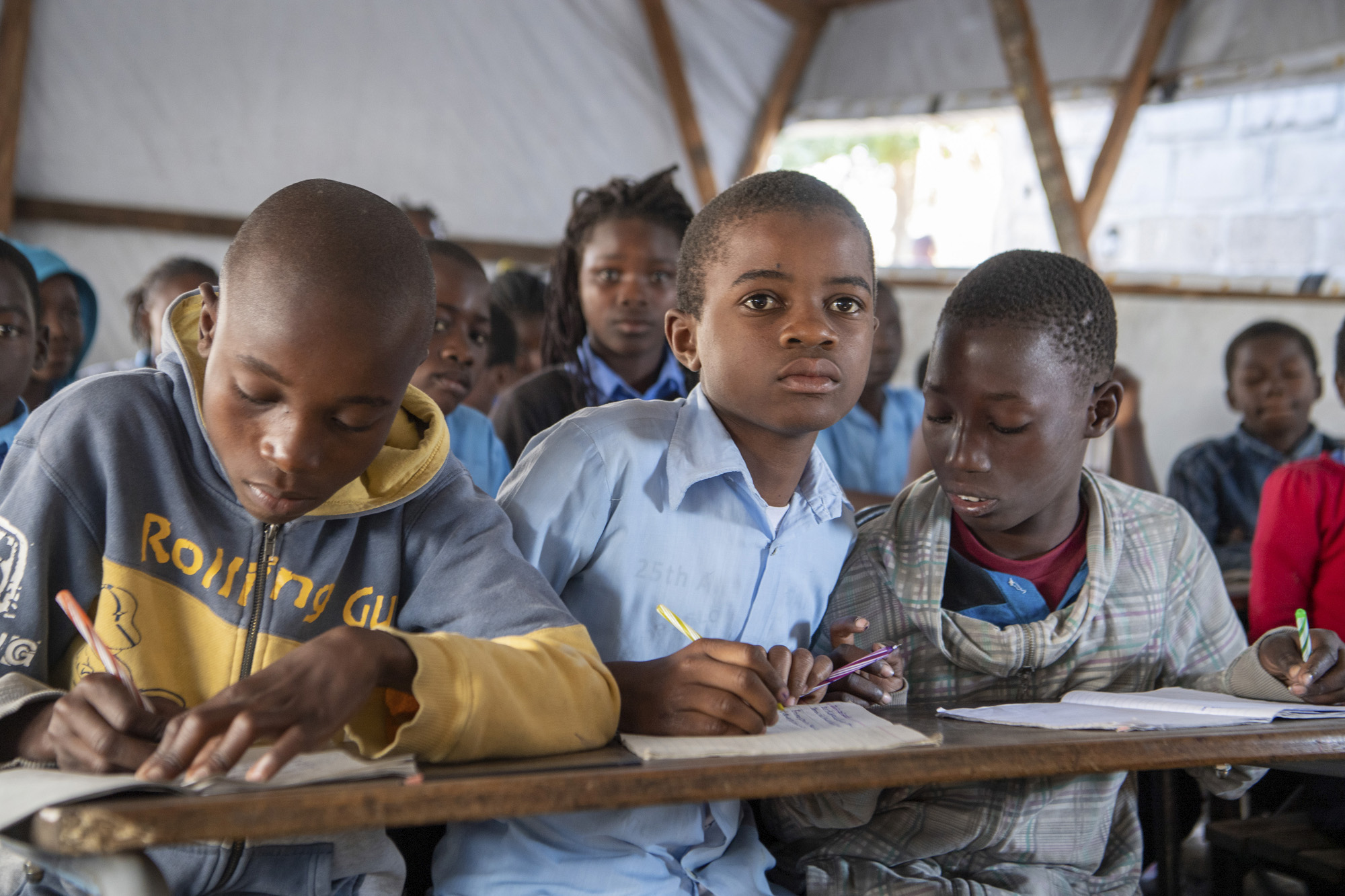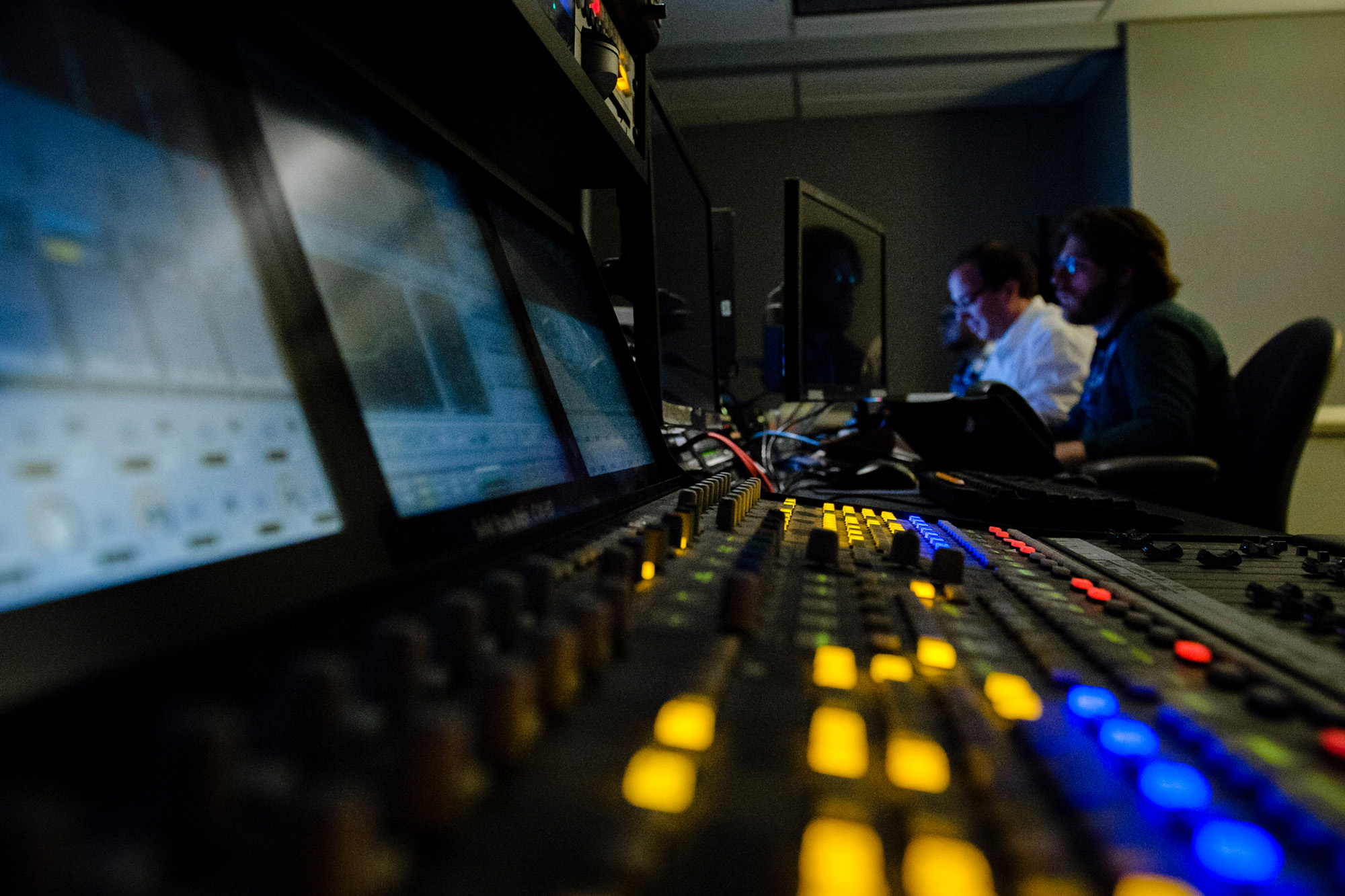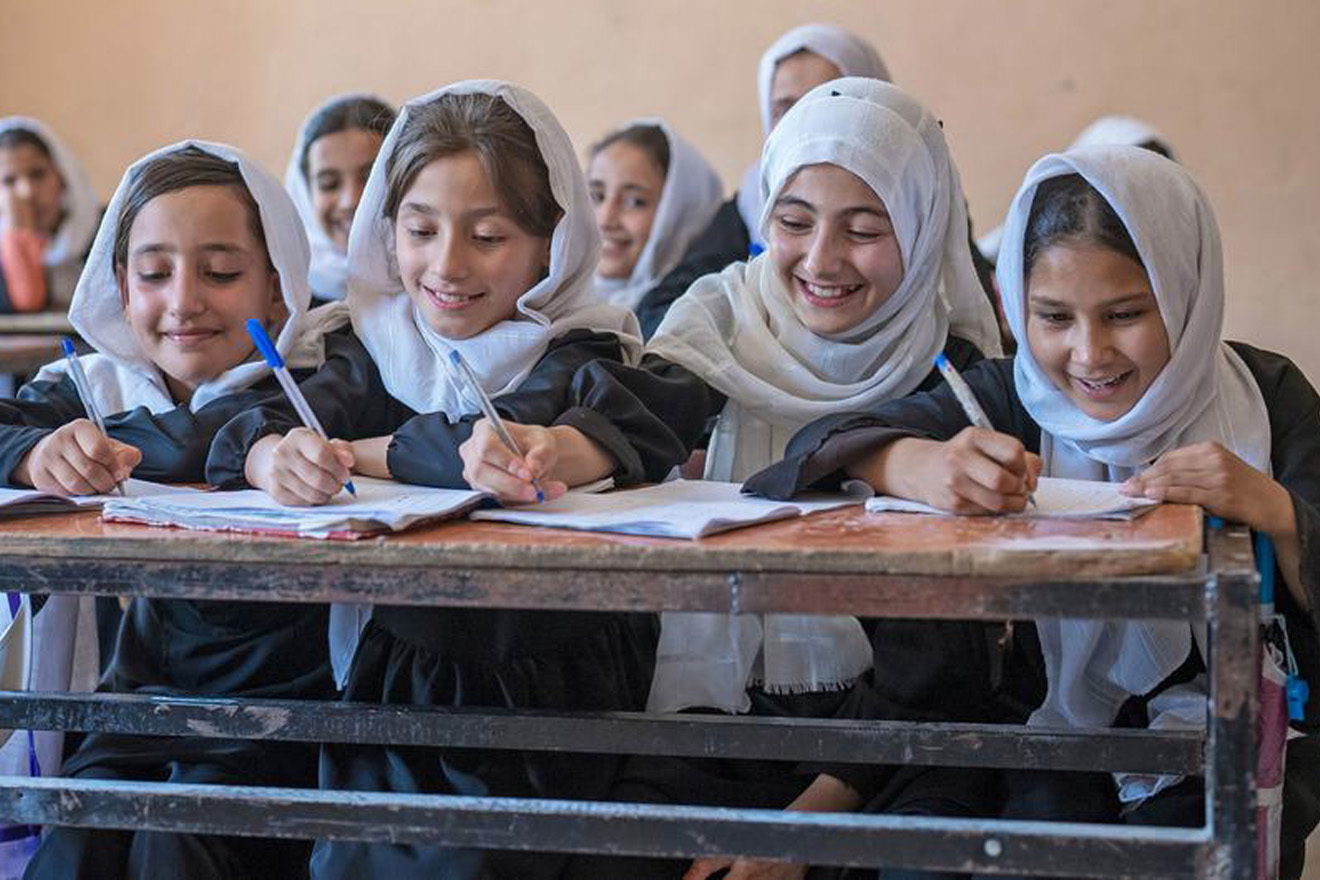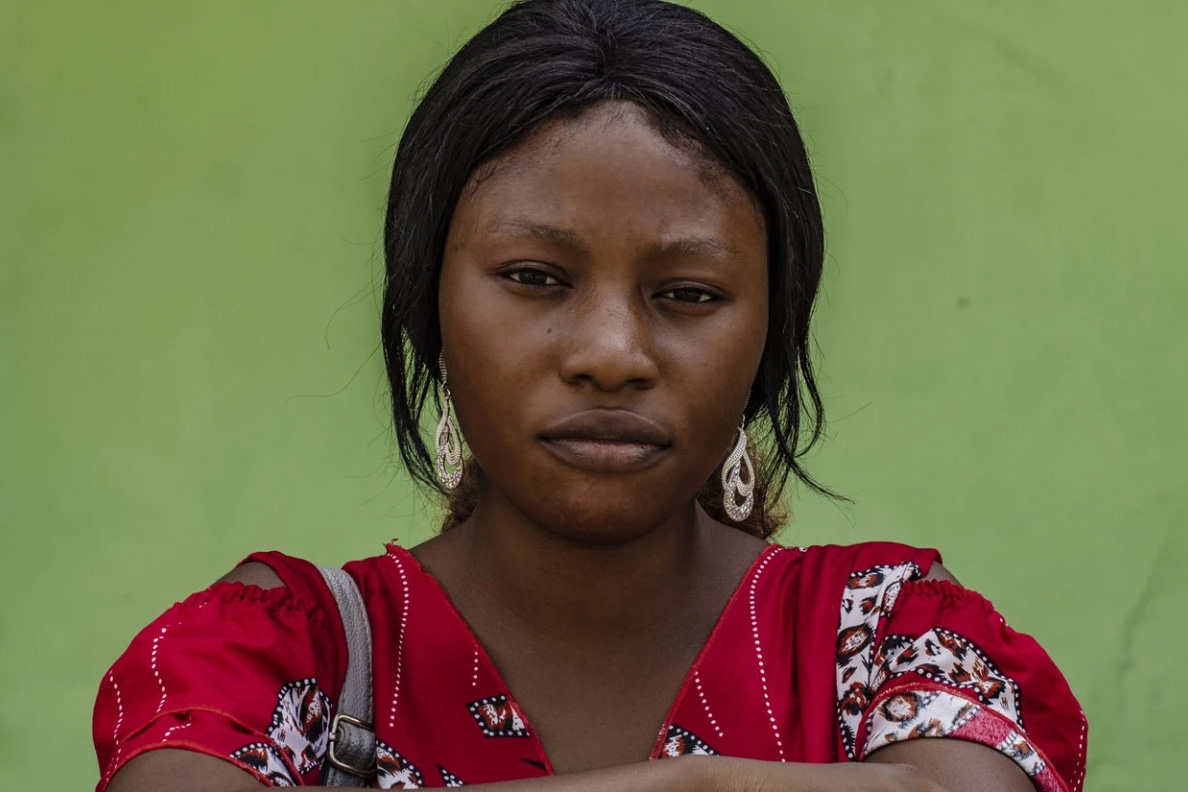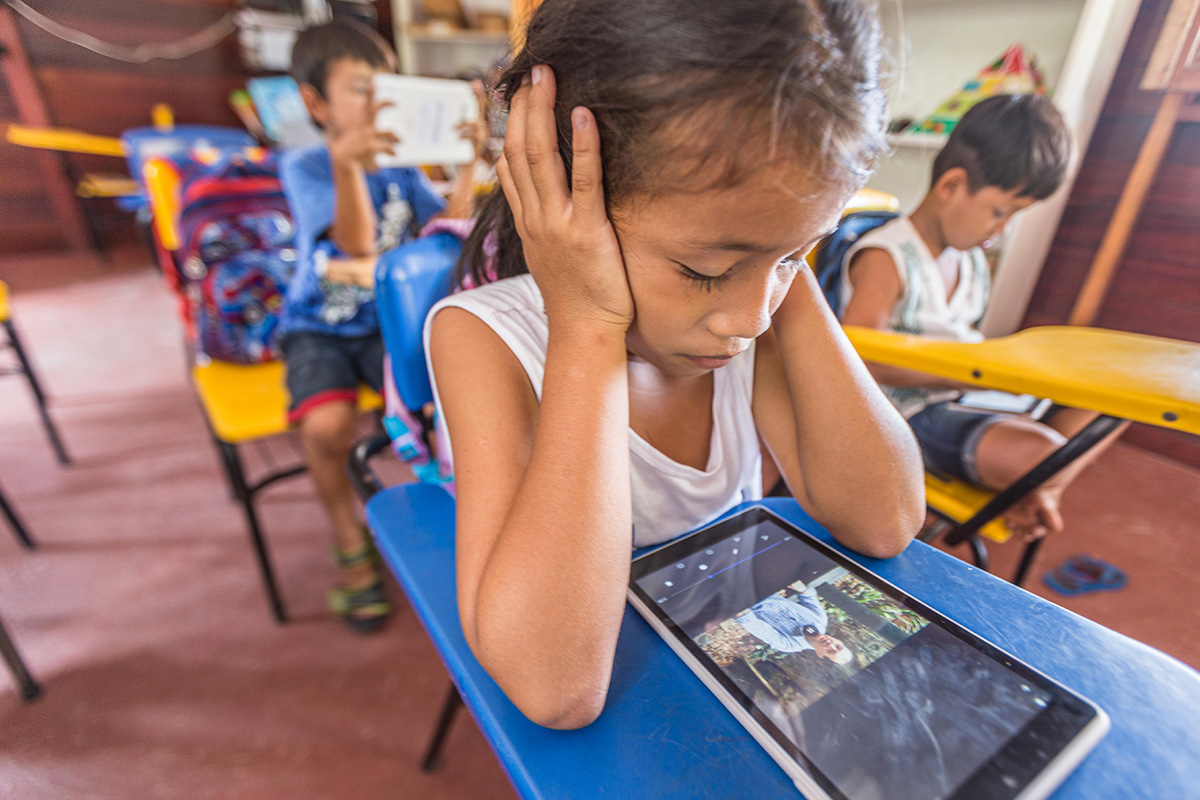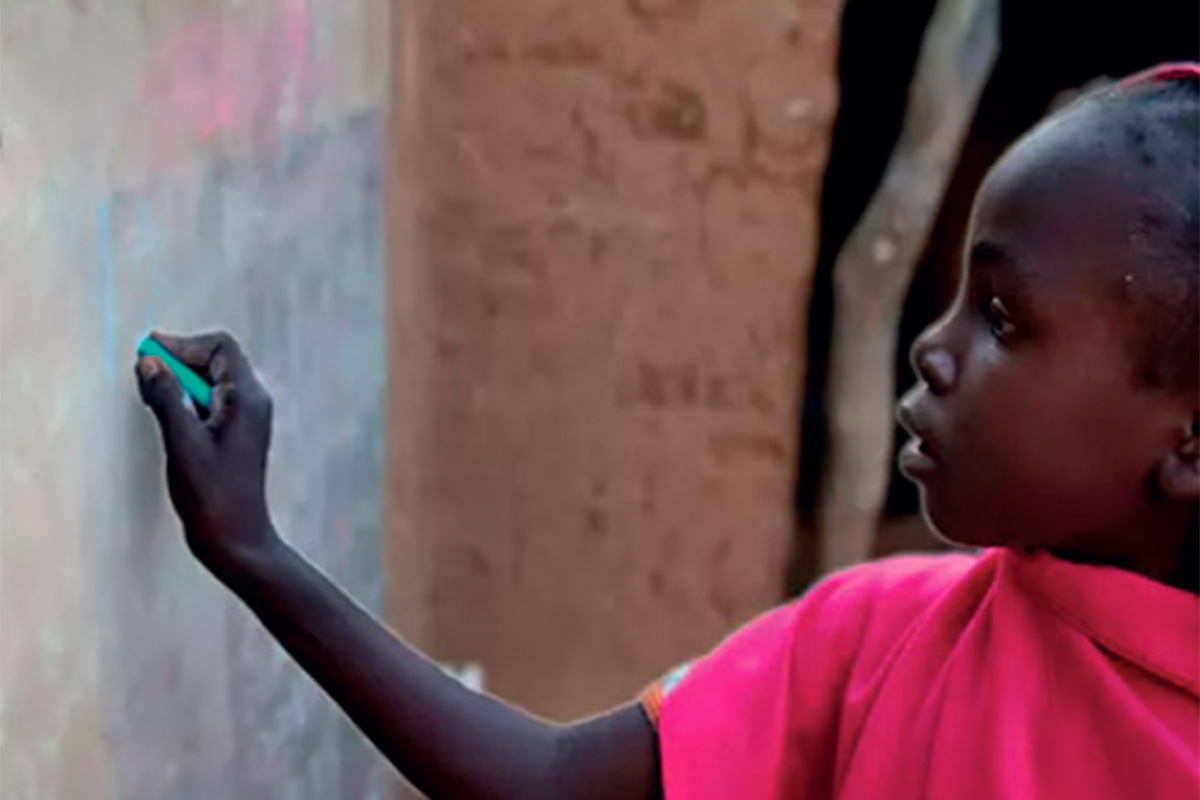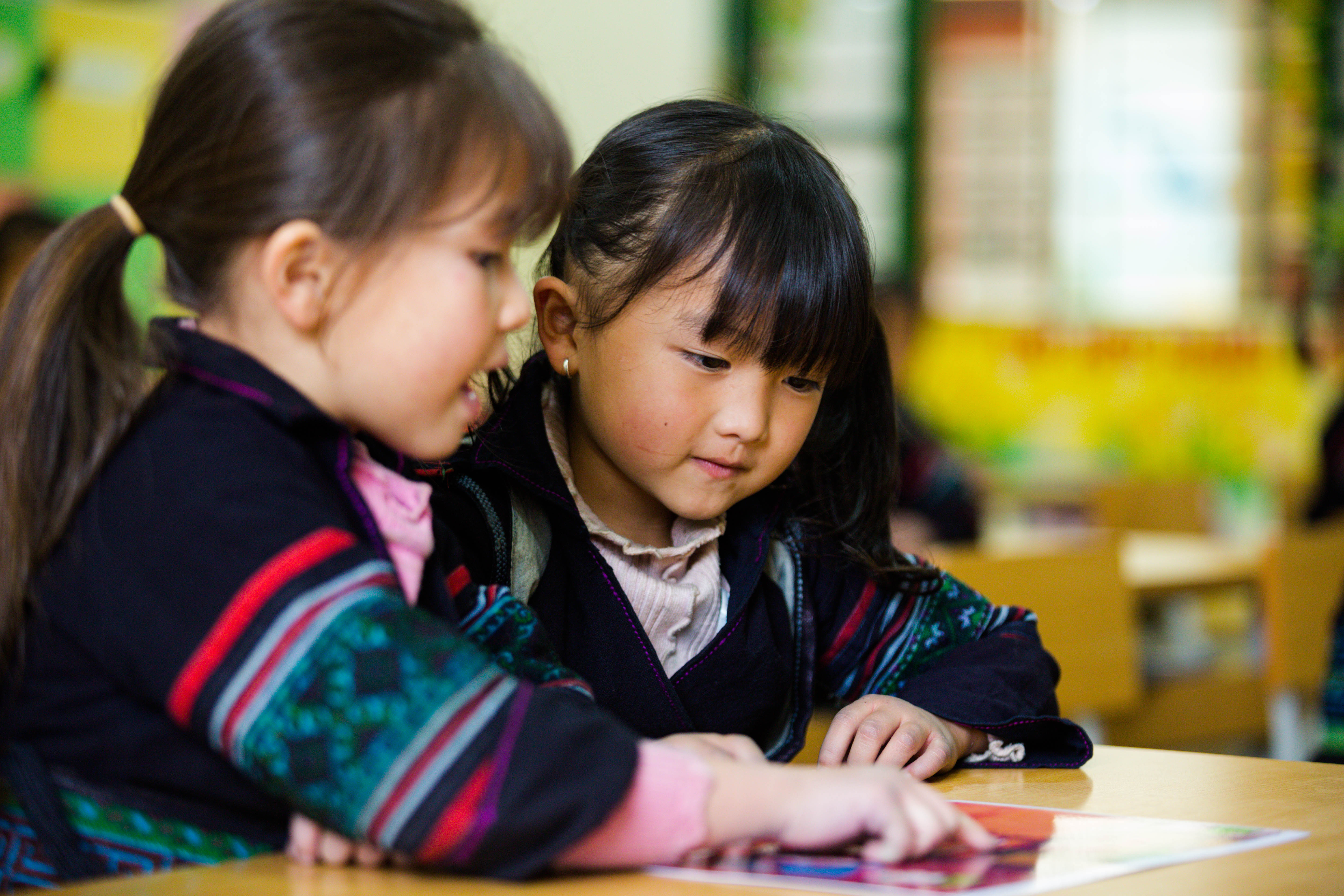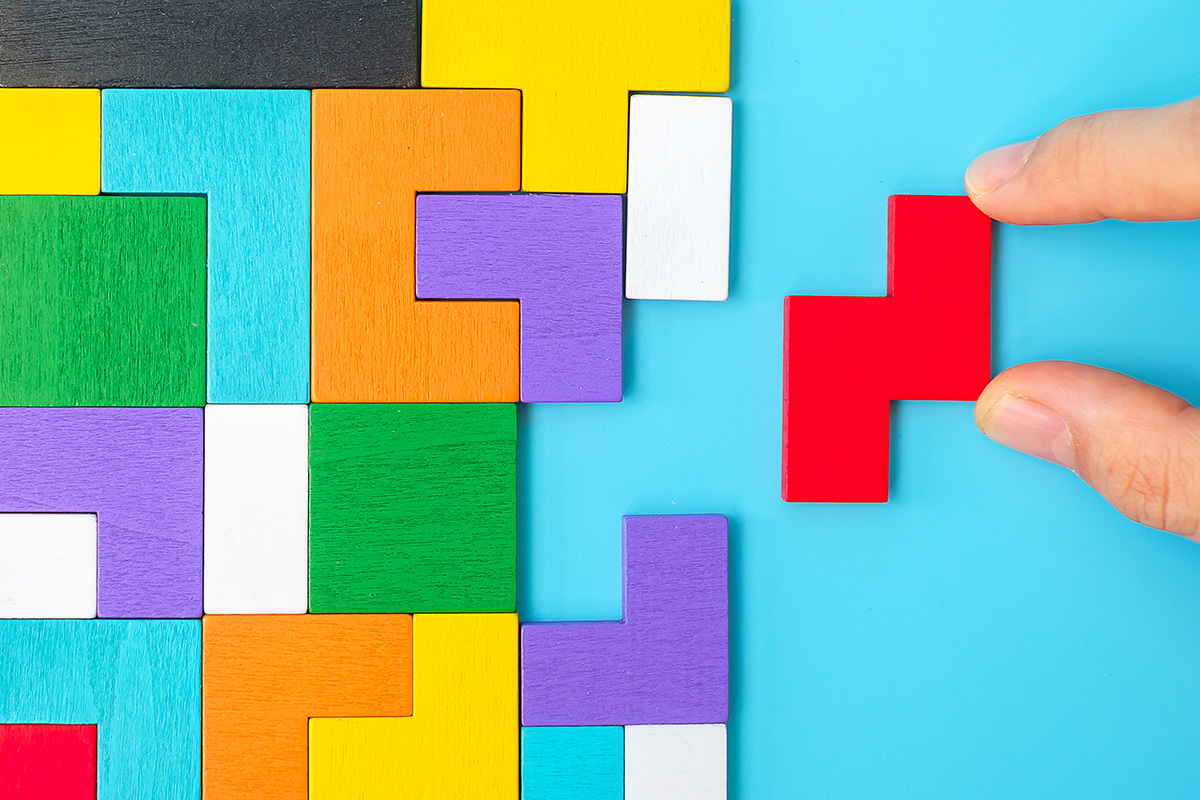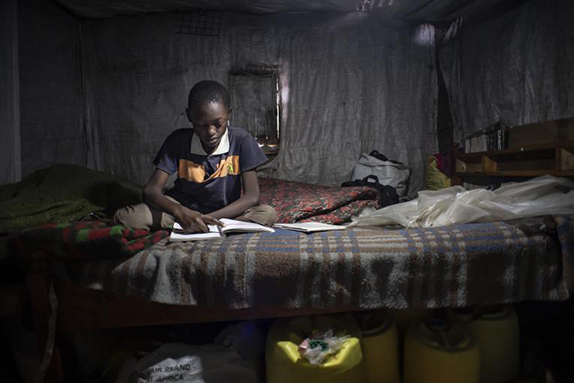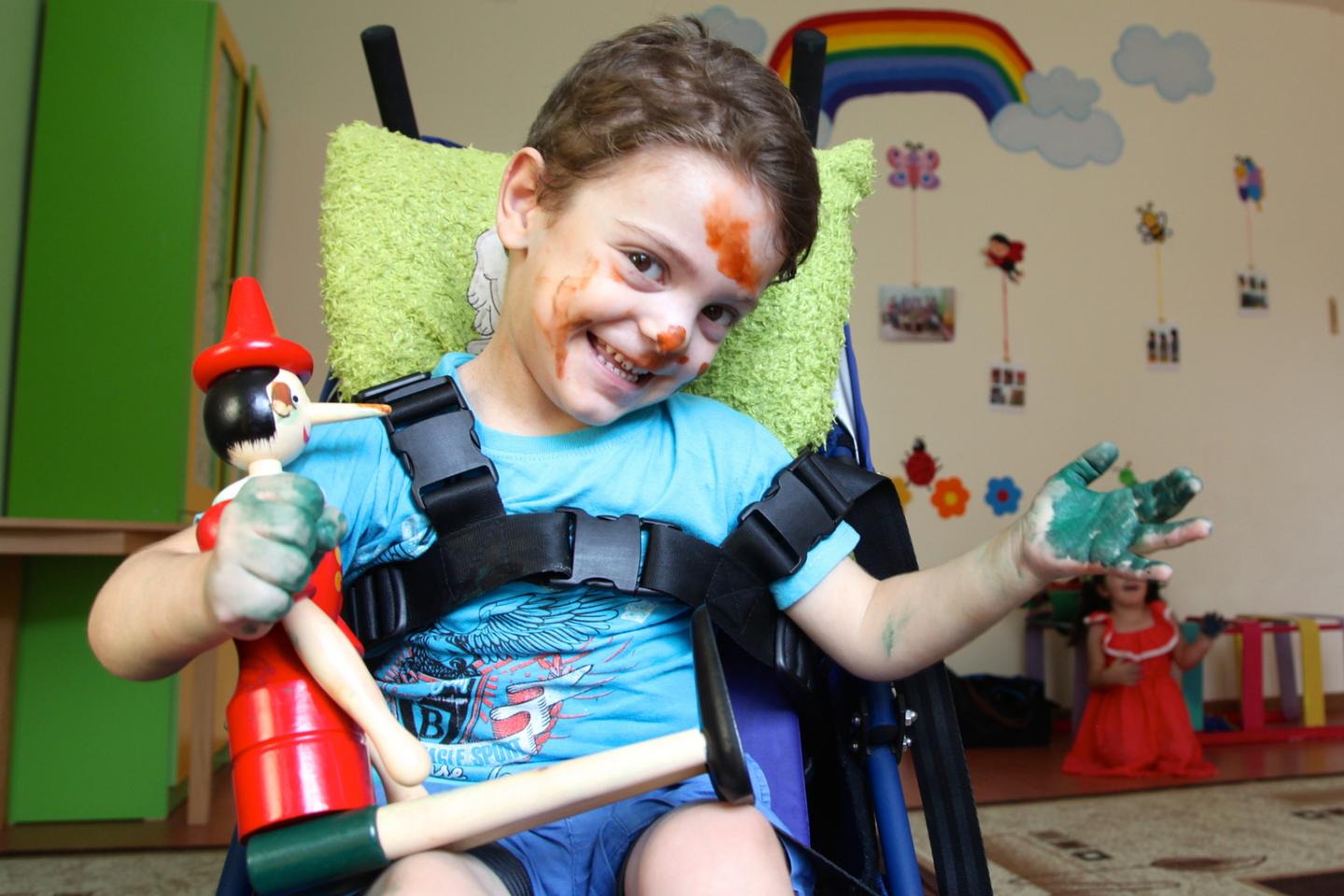“I think the direction in which we need to go is for us to restructure education,” said Farida Shaheed, the UN Special Rapporteur on the human right to education.
“I want it to be open. I want there to be much more appreciation of our artistic expressions. Education has to be rounded. It has to be based on human rights and it needs to explore and enable everyone to reach the full potential as human beings, whatever that may be.” Shaheed discussed the future of the human right to education and other issues as part of Voices of Dignity, a series of interviews with thought leaders and experts on the UN Human Rights Podcast.

